The digital age has brought unprecedented connectivity, but with it, a troubling rise in online hate. The year 2024 marked a new peak in online antisemitism, driven by influential figures and amplified by social media algorithms. As antisemitic rhetoric and graphic content proliferate across platforms, the urgent need for reform in digital policy enforcement becomes increasingly apparent.
The Role of Celebrity Influence and Algorithmic Amplification
High-profile figures like Candace Owens, Susan Sarandon, and others have been at the forefront of spreading deeply entrenched antisemitic narratives, ranging from Holocaust denial to conspiracy theories vilifying Judaism. These voices, amplified by the vast reach of social media algorithms, have introduced these harmful ideas to new audiences. This surge in celebrity-fueled antisemitism has sparked increased concern about the unchecked power of these platforms to disseminate hate speech.
While individual voices are influential, the true force behind this wave of antisemitism lies in the algorithms of major social media platforms. By prioritizing engagement, these algorithms inadvertently promote divisive and inflammatory content, escalating its visibility and impact.
Graphic Content and Calls to Violence: A Growing Crisis
The tragic events of October 7, 2023, marked a turning point in the spread of online antisemitism. Hamas’s attack on Israeli communities, the largest massacre of Jews since the Holocaust, was not only broadcasted on mainstream platforms but celebrated and weaponized online. According to CyberWell, an independent nonprofit monitoring digital hate speech, the weeks following the attack saw a dramatic increase in calls for violence against Jewish people—rising from 5.1% to 13.3% of vetted antisemitic content.
This escalation highlights a dangerous trend: the normalization of graphic content and denialism. Holocaust denial tactics have evolved into the denial of recent atrocities, such as the October 7 attacks. This tactic serves as a precursor to justifying further violence, perpetuating a cycle of hate that spreads unchecked in digital spaces.
A Global Epidemic of Digital Hate
The ripple effects of unchecked antisemitism online have been felt worldwide. In Amsterdam, a pogrom against Jewish tourists, organized through platforms like Telegram and Instagram, demonstrated the alarming speed and scale at which violence can be incited and glorified. Within hours of the attack, social media posts celebrating the violence reached millions, further fueling the cycle of hate.
This epidemic of digital hate extends beyond antisemitism. From glorifying acts of vigilantism to promoting extremist ideologies, social media platforms are becoming megaphones for content that violates their stated policies. Yet, enforcement remains woefully inadequate, leaving marginalized communities increasingly vulnerable to online attacks.
Demanding Accountability and Reform
As social media platforms fail to enforce their own policies, the need for systemic reform has never been clearer. Calls for legal accountability and effective digital policy enforcement are growing louder. Tal-Or Cohen Montemayor, founder and executive director of CyberWell, emphasizes the urgency of public engagement to spur meaningful change. Without it, 2025 may see an even greater proliferation of algorithmically driven hatred with tangible offline consequences.
The rise of digital antisemitism is not just a Jewish issue—it is a societal issue, threatening the safety and cohesion of communities worldwide. It is incumbent upon governments, tech companies, and individuals alike to confront this challenge head-on, ensuring that social media becomes a force for good rather than a breeding ground for hate.

